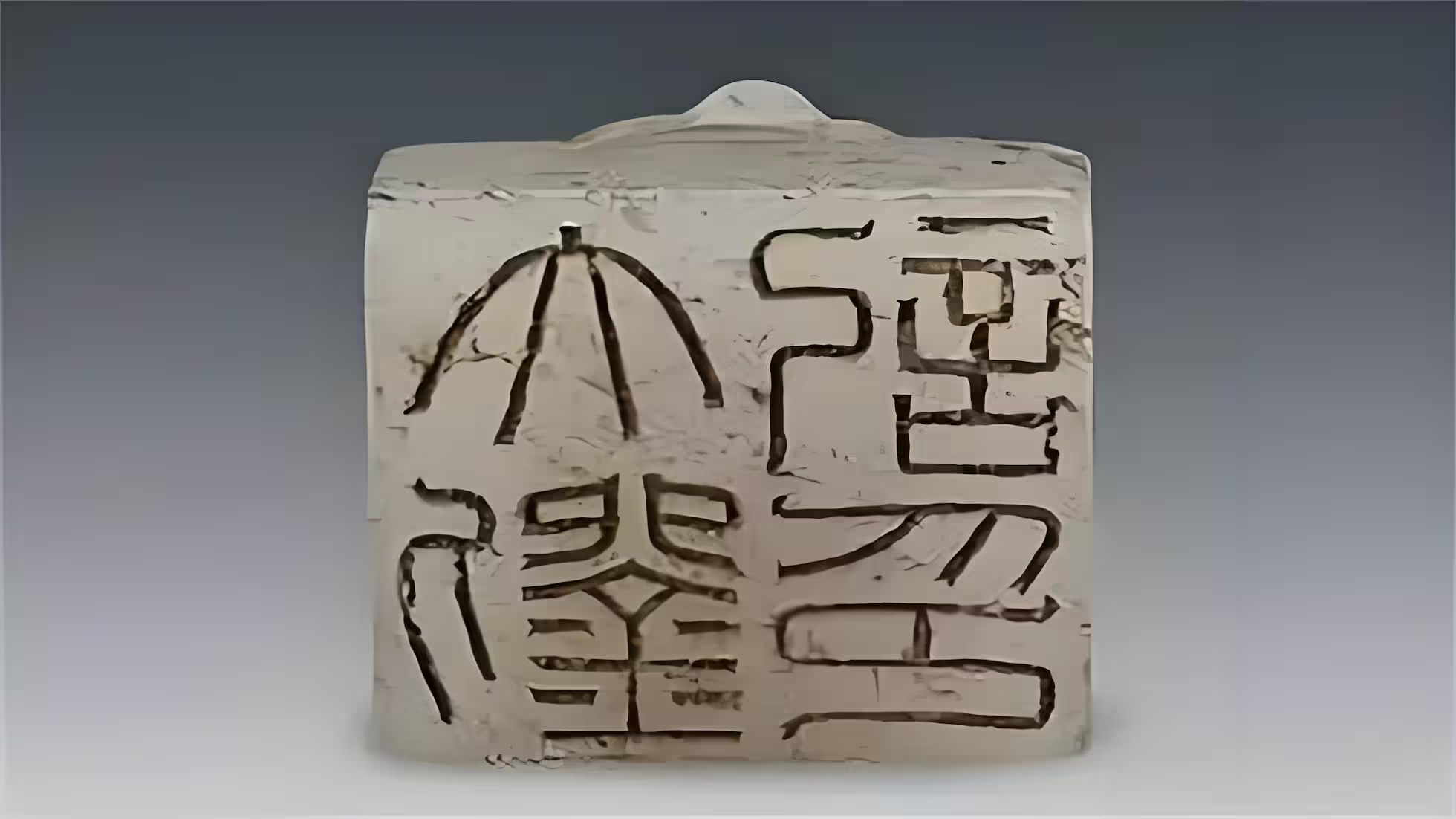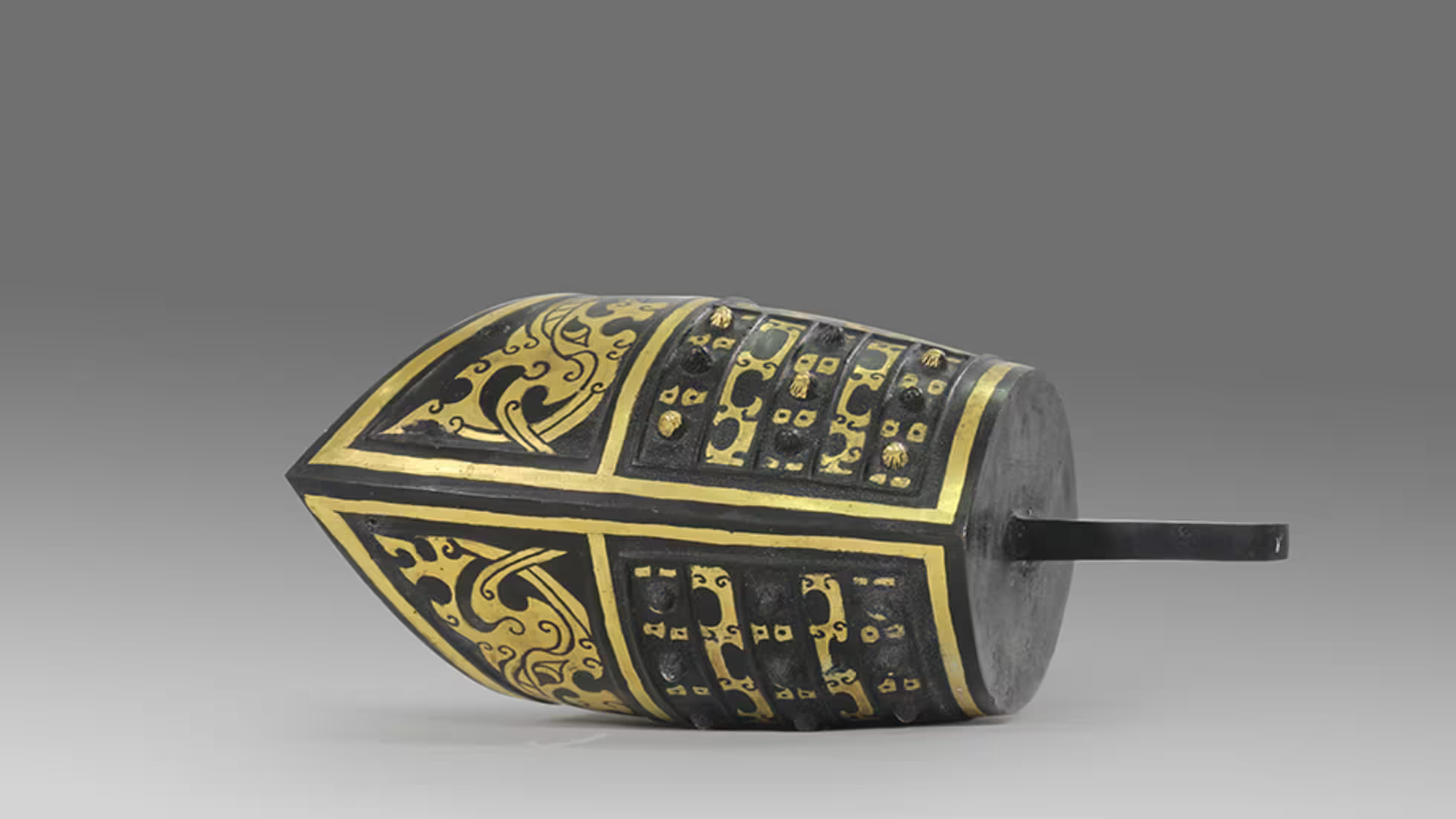Step Away from Those Subconscious Little Bad Habits

Day and night make time legible. If Earth didn’t rotate — no alternation of day and night — humans might never have developed a concrete sense of time. Without sensing its passage, we likely wouldn’t cherish life the way we do. Thank you, Earth’s rotation.
Yet even as sunrise and sunset remind us life is passing, the cycles of time can also breed unnoticed bad habits that quietly consume our days.
For a while, the first thing I did at the office was visit four tech‑tips sites (calling them out: Xiaozhong Software, Yiciyuan, Sspai, and PlayPC) hoping to discover new productivity tools. These sites don’t even update daily, yet I still burned 30 minutes every morning refreshing them — effectively wasting the very time I gained by getting up early. In truth, a weekly check would suffice. After six months of daily browsing, I hadn’t gained a single useful tool. One day I did the math: if I spent that time writing, 30 minutes a day at 800 characters would yield 24,000 characters a year — enough for a 200‑page book. If I spent it reading, 10 pages a day would mean 3,000 pages a year — roughly ten books. In those six months, I read only one. So I blocked those four sites in my hosts file.
Later I asked myself why I was drawn to sites that provide neither delight nor improvement. I realized it’s precisely because they yield no clear benefit or harm and exert no pressure — that’s why I could mindlessly refresh them N times a day.
Two more bad habits come to mind — one newly formed, one longstanding.
The new one: typos. In chat, when mentioning a well‑known person, sometimes I mistype their name and don’t bother to correct it — after all, everyone knows who I mean. But the less I care about typos, the more they appear. I’ve even typed “What time do we depart this afternoon?” as “What time do we depart below?” Only when no one replies for a long while do I reread and notice the error.
The older one: mixing up alveolar and retroflex sounds (z/zh, c/ch, s/sh) — a common regional issue where I grew up. In the Wubi or early Pinyin‑IME era, there was no fix: mistype and you had to delete and retype. Modern Pinyin IMEs added “fuzzy pinyin,” making input very forgiving. But that doesn’t solve the root problem: we speak far more than we type. Fuzzy matching improves typing while encouraging sloppier pronunciation. I’ve now set “smart fuzzy pinyin” to only prompt and correct when I type a retroflex/alveolar mismatch — gentle feedback for better pronunciation.
“Do not do evil even if it seems small.” Sound advice.
Published at: Oct 26, 2018 · Modified at: Sep 12, 2025


